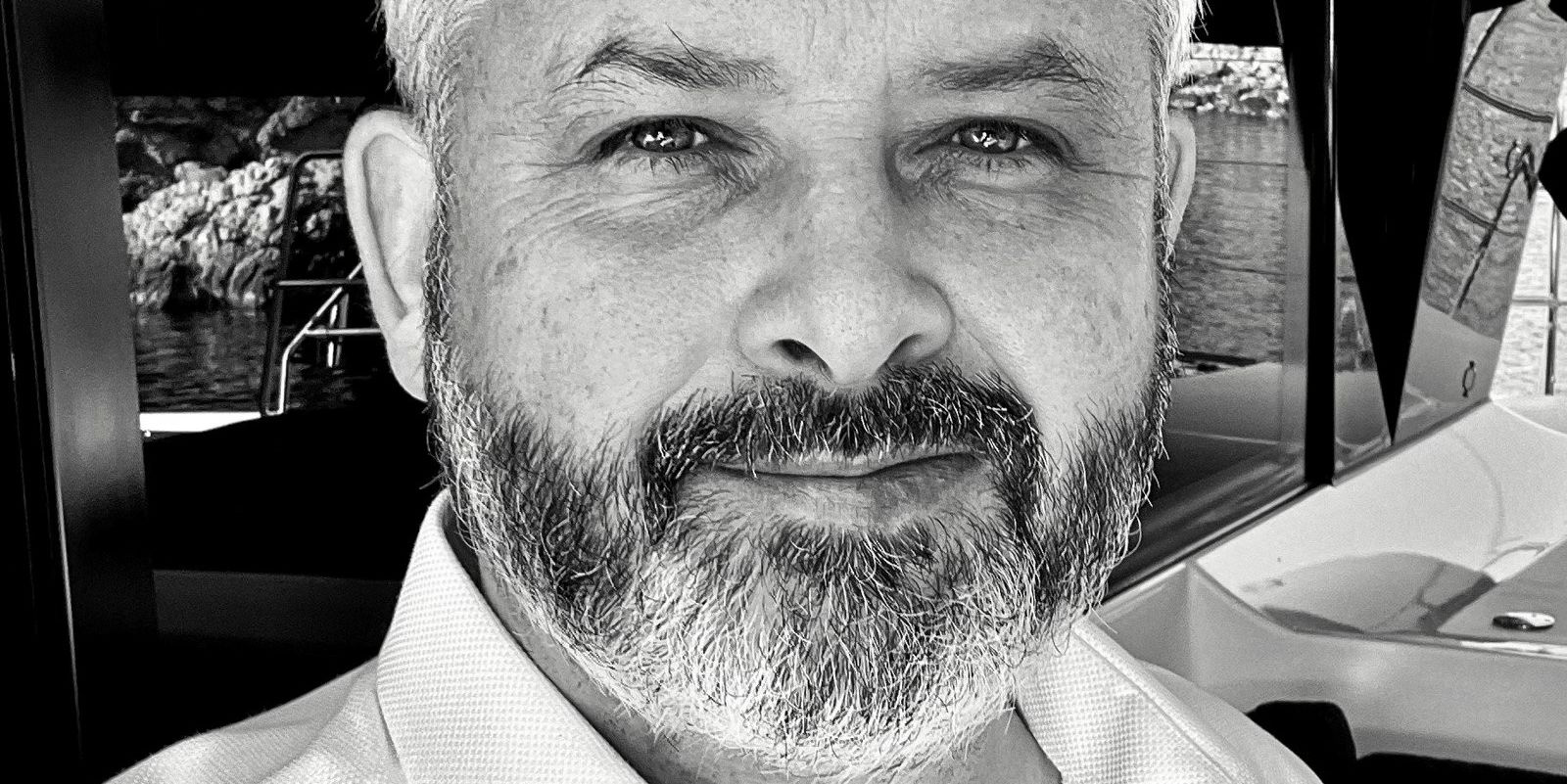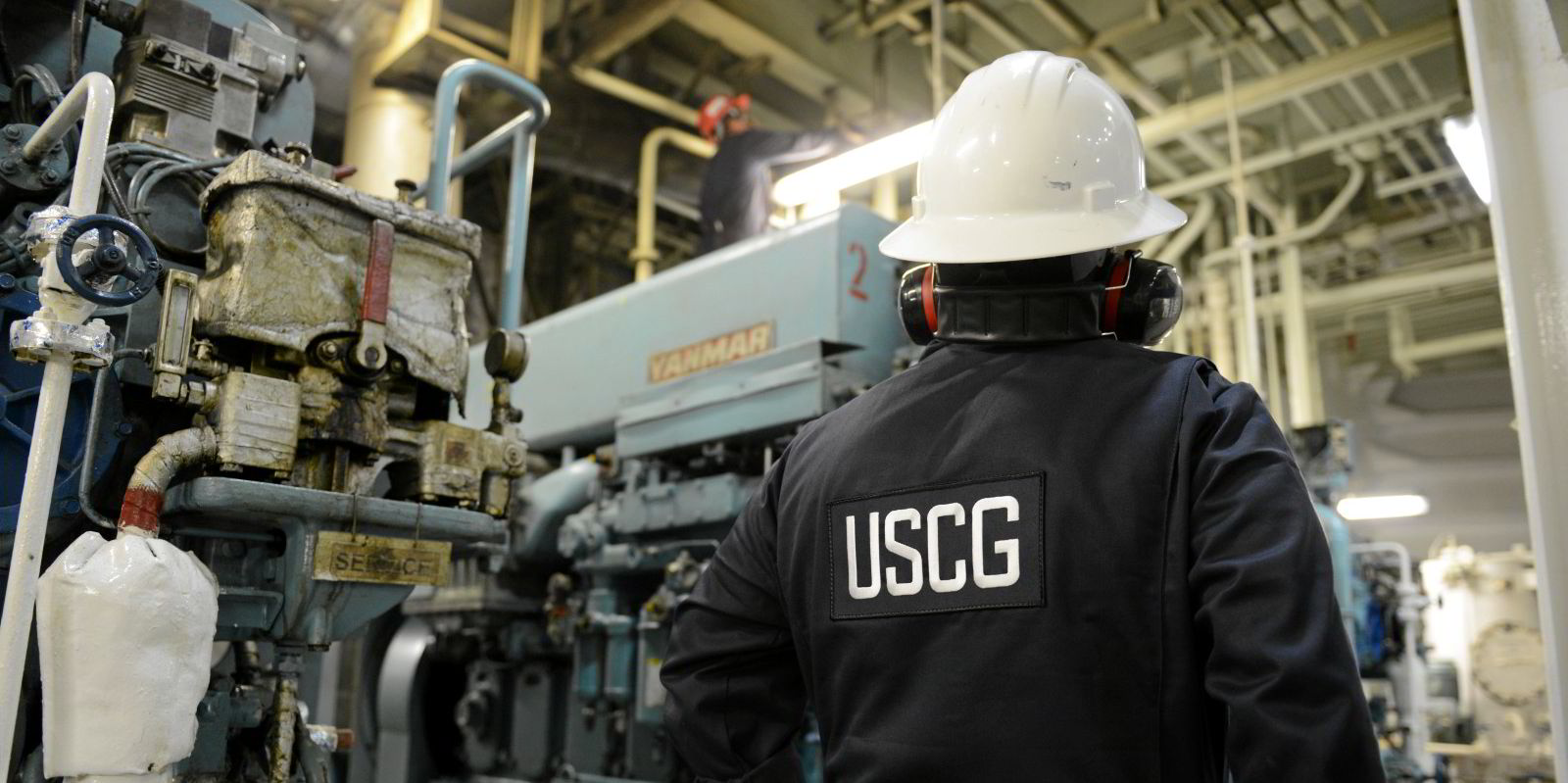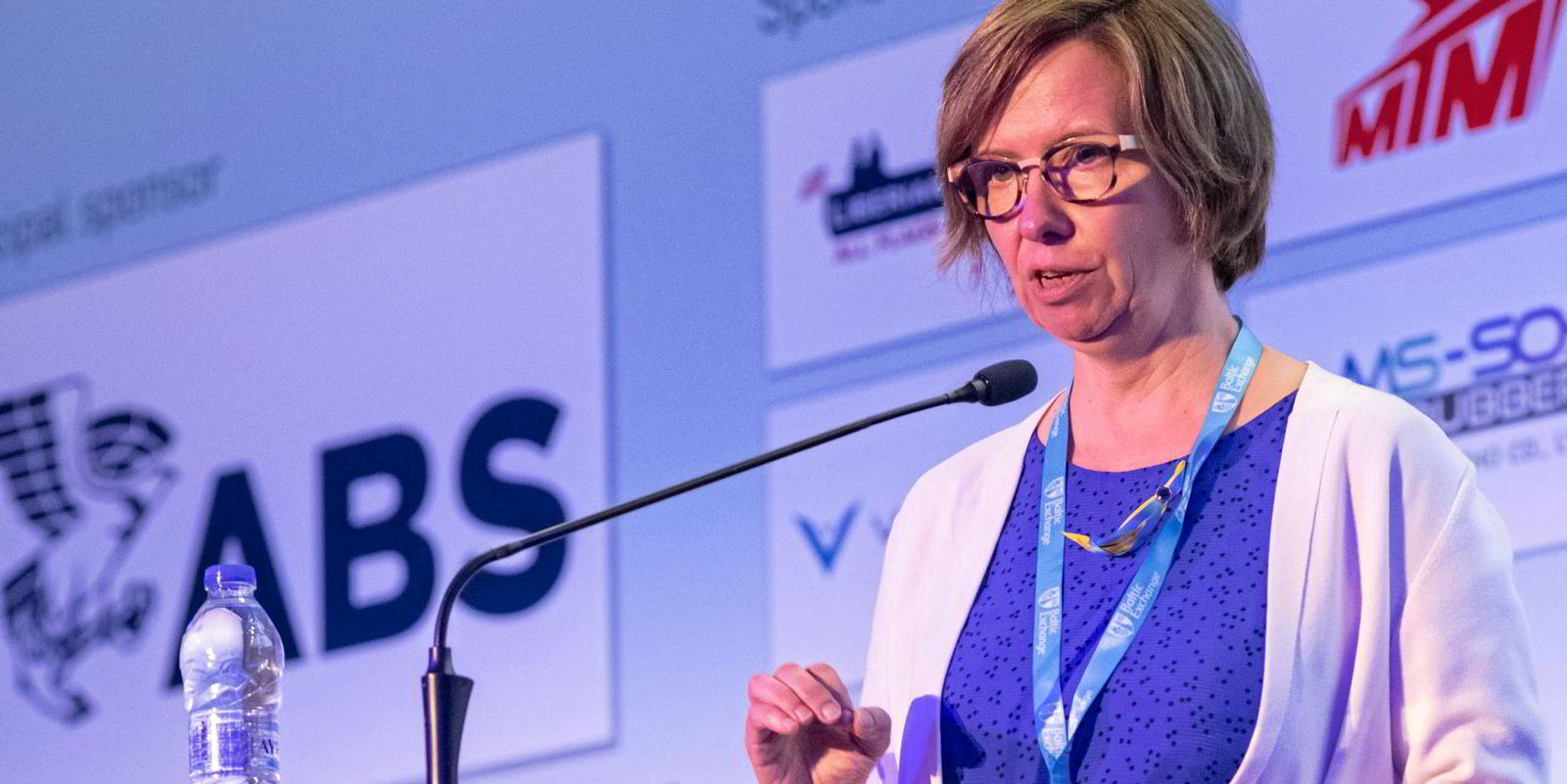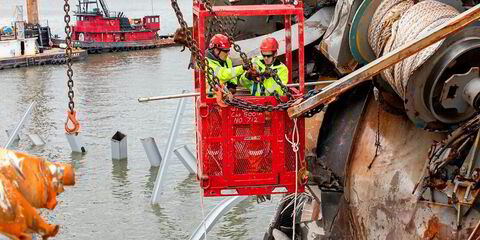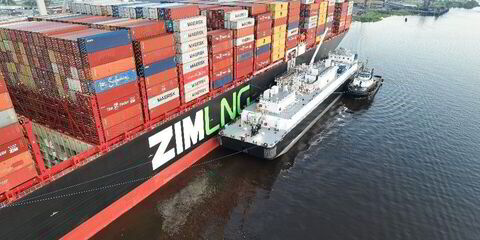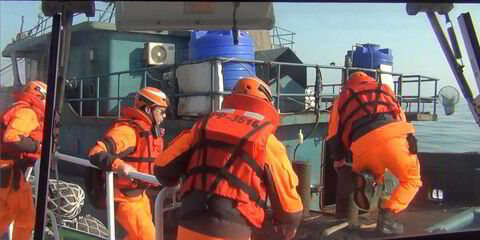The complex nature of ship operations is creating a human rights vacuum at sea where the abuse of crew goes unrecorded and unpunished, according to a new report.
The overlapping responsibilities of flag states, operators, managers and owners means some issues are not being addressed with crew suffering the consequences, said the UK-based charity Human Rights at Sea (HRAS).
“These relatively confusing and overlapping scenarios mean that states often do not meet their duties,” the group said in a new report assessing progress on 11-year-old UN human rights rules for states and businesses.
“Consequently, a human rights vacuum is created at sea in which states fail to fulfil their duty to protect human rights.”
HRAS said the world’s 1.6m commercial seafarers face problems with modern slavery, poor working conditions, inadequate health and safety practices, in addition to an inability to hold employers to account if anything goes wrong.
The report All at Sea? highlighted the case of Hope Hicks, a US Merchant Marine Academy cadet who claimed she had been raped while on board a ship operated by Maersk Line Ltd (MLL).
Hicks and another cadet, who said she was sexually assaulted during another voyage on the same ship, are in settlement talks with the AP Moller-Maersk subsidiary, TradeWinds reported last month.
The maritime sector has fallen behind the garment, agriculture and finance industries in putting measures in place to ensure basic rights are observed in the workplace, according to HRAS.
The issue has been highlighted by the plight of seafarers during the Covid-19 pandemic who were stranded at sea for long periods because of the difficulties of crew changes, late payments of wages and a historically high-levels of seafarer abandonment, said the report.
Data compiled by the digital platform RightShip suggested that that 3,623 seafarers remained abandoned on more than 200 vessels worldwide at the end of May this year.
David Hammond, the chief executive of HRAS, said there had been little “concerted and collaborative effort by the shipping industry” to put in place a system to defend human rights at sea.
HRAS said the UN guiding principles were changing business practices but “not quickly enough”.
The shipping sector had sought to gather and review evidence of abuses but “many such activities are still conducted behind the corporate veil with limited disclosure and even more limited accountability,” the charity said.(Copyright)
